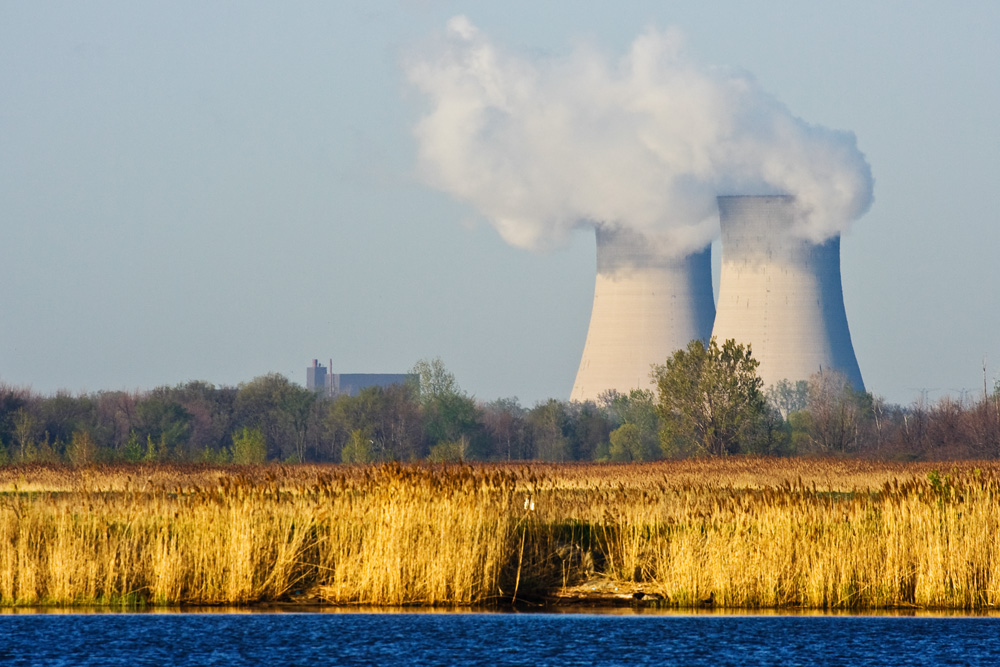US firm Westinghouse has signed agreements with 10 Polish companies to cooperate on supplying nuclear products and technologies, including the possible construction of six AP1000 reactors.
Mirosław Kowalik, president of Westinghouse Poland, said that the American firm was “ready to support Poland in achieving its goals related to energy policy” as the coal-dependent country seeks lower-emission energy sources.
He said that Westinghouse, drawing on its global experience of nuclear investments, would provide Poland with the “best technology” for its bid to “counteract climate change” as well as to “meet the energy needs of the Polish economy”.
We recently signed MOUs with 10 companies in #Poland to cover cooperation on the potential deployment of 6 plants for the Polish Nuclear Power Plant program and other potential AP1000® reactor projects in Central & Eastern #Europe. https://t.co/6kuNR5IiAk
— Westinghouse Nuclear (@WECNuclear) January 24, 2022
The ten companies with which Westinghouse signed its MOUs include Rafako, ZKS Ferrum, KB Pomorze, Mostostal Kraków, OMIS, GP Baltic, Polimex Mostostal S.A., Fogo, Zarmen Group and Protea Group. These variously specialise in the energy and metals sectors, construction, shipping, and management of energy investment projects.
Westinghouse said that the agreements, signed on Friday, also concern other potential projects in Central and Eastern Europe for its AP1000 pressurised water reactors. Earlier last week, the firm signed MOUs with seven companies in the Czech Republic.
Poland’s government has been looking for ways to wean the country off coal, which currently accounts for around 70% of electricity production, the highest level in the EU. Current plans see that share falling to under 60% by 2030, and potentially as low as 11% by 2040.
The Polish government’s official nuclear programme anticipates the construction of six units with a total capacity of 6 to 9 GW, with the first one going online by 2033 and five more to follow by 2043. But some experts fear that the proposed timeline is overly optimistic.
As well as the United States, France and South Korea have been frontrunners in contending for partnerships in assisting Poland’s nuclear venture. Warsaw is expected to make a decision by the end of the year.
The US has already signed an intergovernmental agreement with Warsaw to submit an offer this year. It is in the running with Westinghouse’s AP1000 reactor, which fulfils the requirements of Poland’s nuclear programme.
Westinghouse already has an office opened in Warsaw and on Friday said that it would also draw on its 200 employees from a new Global Shared Services Center in Kraków to help manage its regional operations.
In further moves by the US, last September the country’s former ambassador to Poland, Georgette Mosbacher, was appointed to the board of American nuclear technology company IP3, with responsibility for its projects in Poland.
As well as the government, some Polish businesses, especially in high-emitting sectors, have also been eyeing nuclear for cleaner energy that is less intermittent than renewables such as wind and solar.
A number of Poland’s largest companies, including Orlen, KGHM, ZE PAK and Synthos, last year signed deals for investments in Small Modular Reactor (SMR) nuclear technology.
Public opinion, however, remains sceptical of nuclear power. Polling shows that a larger proportion of Polish society is opposed to the development of nuclear than are in favour.
Main image credit: James Marvin Phelps/Flickr (under CC BY-NC 2.0)

Maria Wilczek is deputy editor of Notes from Poland. She is a regular writer for The Times, The Economist and Al Jazeera English, and has also featured in Foreign Policy, Politico Europe, The Spectator and Gazeta Wyborcza.




















